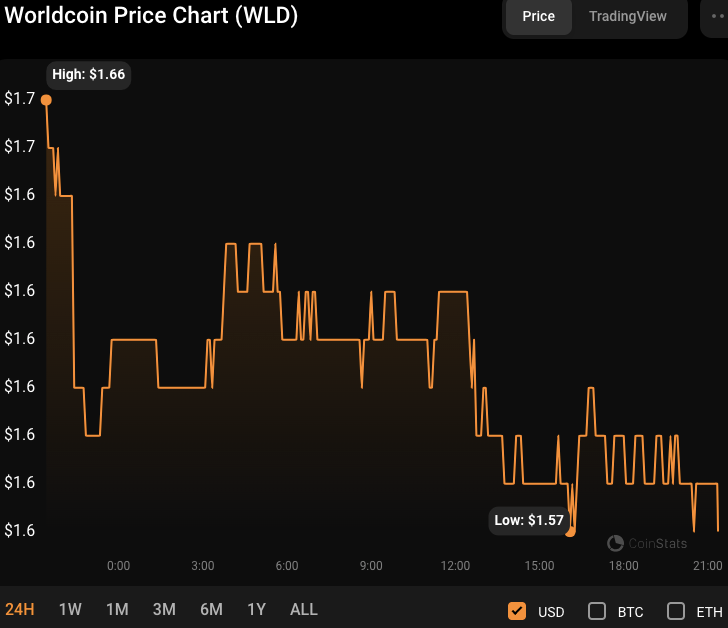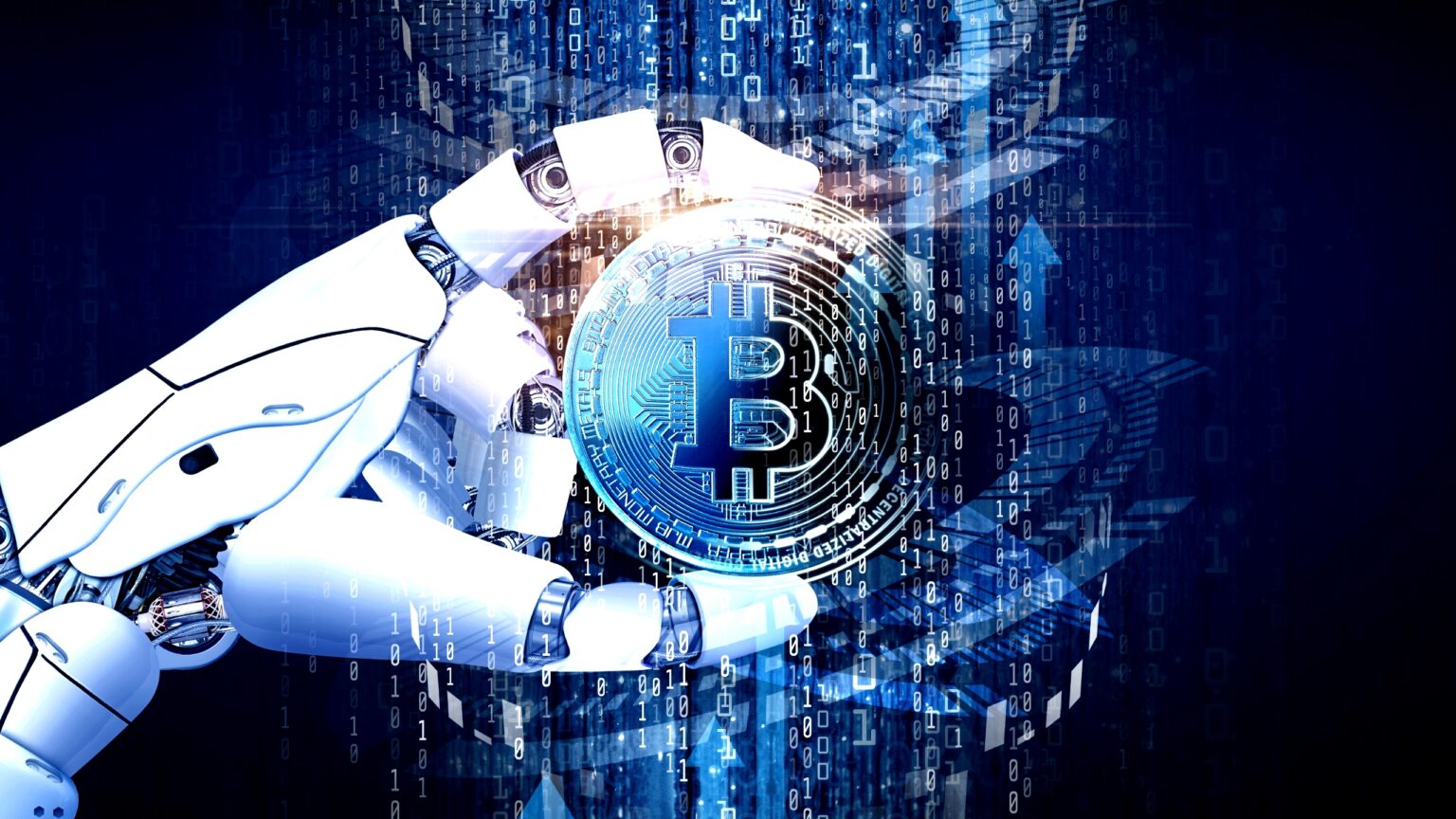In a recent revealing discussion, Sam Altman, the CEO of OpenAI, sounded the alarm on the U.S. government’s intensifying stance against cryptocurrencies.
As crypto movements become more pronounced, Altman’s concerns revolve predominantly around the emergence of a surveillance state and the potential pitfalls of central bank digital currencies (CBDCs).
The U.S.’s Cryptocurrency Playbook Unfolds
There’s undeniable turbulence in the crypto space, stirred further by the actions and policies of the U.S. government. These endeavors have evoked widespread criticism, shaping a landscape of speculation and apprehension.
OpenAI CEO Sam Altman warned that the U.S. government is waging a war on cryptocurrencies and wants to control Bitcoin, making him worried about the future of the United States and potentially threatening the freedom and openness of global cryptocurrencies. He specifically…
— Wu Blockchain (@WuBlockchain) October 8, 2023
A significant point of contention has been the potential rollout of a digital dollar CBDC. Although Federal Reserve Chair Jerome Powell has indicated that such technological adoption might be years away, the mere proposition has fueled a debate on monetary censorship.
Moreover, given Bitcoin’s decentralized nature and its promise of financial freedom, introducing CBDCs causes alarm. Consequently, the inherent nature of CBDCs poses questions about whether a shift toward such centralized digital currency systems could potentially restrict individual transactional freedoms. Besides the technical complexities, the socio-political ramifications loom large.
Furthermore, events of the recent past, especially pandemic-related lockdowns, have heightened concerns over state control of digital transactions. While health and safety were priorities, these actions underline the state’s ability to intervene deeply in individual freedoms. Hence, the stage sets between centralized control and decentralized freedom.
Worldcoin: Ambition Meets Regulatory Scrutiny
Altman’s engagement with the Worldcoin crypto project is under the spotlight, too. This promising yet contentious project envisages building a vast database by scanning individuals’ eyes in return for Worldcoin’s digital currency, WLD. Naturally, such a proposition, which stands at the crossroads of technology and privacy, has attracted regulatory attention.
Countries like Argentina have initiated probes into Worldcoin, focusing on its data collection methodologies. The procedure for data collection and the policies governing its use and storage are two of the primary areas of concern. Given the sensitive nature of biometric data, the stakes are undeniably high.
Moreover, it’s more than Argentina’s keenness to understand Worldcoin better. Kenya, France, and Germany have also launched investigations. Such multilateral scrutiny has inevitably impacted the project’s market performance. Recent data suggests a slump in WLD’s price, reflecting the project’s challenges.

WLD/USD 1-day price chart (source: CoinStats)
However, since cryptocurrencies are volatile, trends can reverse swiftly. While Worldcoin grapples with issues in certain regions, its adoption elsewhere could provide the impetus for growth.
The AI Question: Altman on Regulation
Beyond the realm of cryptocurrencies, Altman has also been vocal about AI’s trajectory and its regulation. During a noteworthy visit to Taipei, he shed light on the importance of AI regulation.
Furthermore, he believes that the focus should be on striking a healthy balance between ensuring that innovation is not hampered and that AI’s ethical and social components are not endangered.
Altman often alludes to other industries in his discussions to make his point—for instance, the aviation sector. Here, regulations have played a pivotal role in ensuring safety standards, benefiting society. Drawing such analogies, Altman emphasizes that with thoughtful governance, industries can thrive without compromising safety or ethics.









 and then
and then